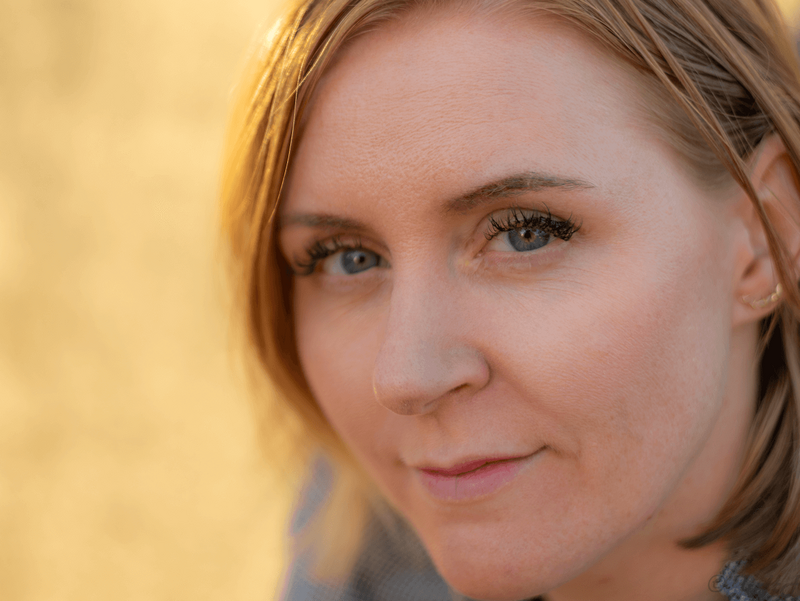
Dellmuth is a comparative politics and International Relations scholar. Her research focuses on policymaking by the European Union and other international organisations with special emphasis on aid, legitimacy, and environmental policymaking.
Berlin, 15.02.2022, Michael Endres Prize winner Lisa Dellmuth will join the Jacques Delors Centre at the Hertie School as a visiting professor at the beginning of the new Academic Year in September.
Lisa Dellmuth is Associate Professor of International Relations (IR) at Stockholm University and Director of PhD Studies in IR at the Department of Economic History and International Relations.
She obtained her PhD in political science from the University of Mannheim (Germany), was awarded post-doctoral fellowships at Stockholm University and the Stockholm Resilience Centre, and spent time at the Duke University, Trinity College Dublin, the University of Bergen, and the University of North Carolina at Chapel Hill, among others, as a visiting scholar.
During her time at the Jacques Delors Centre, Lisa Dellmuth will study citizens’ beliefs in the legitimacy of European and global governance. Legitimacy is crucial if European and global governance is to deliver on the many challenges confronting contemporary society: climate change, economic development, health pandemics, and more. Yet current trends suggest that the legitimacy of global governance is increasingly contested. Lisa Dellmuth is interested in the influence of increasingly competing messages about global governance in the public debate on legitimacy beliefs towards international organizations, as well as in the individual-level sources of legitimacy beliefs, pertaining to factors such as age and political values.
Combining cognitive psychology, comparative European studies, and International Relations findings, she will study how citizens’ life circumstances matter for legitimacy belief formation, including exposure to competing messages, to climate change, and to socio-economic risks. She gathers data from both Western and non-Western countries, the latter being understudied in legitimacy research. This matters, as global legitimacy beliefs in non-Western countries might be shaped by other individual- and contextual-level factors than in Western countries, and as non-Western populations do not get a strong enough voice in legitimacy research.
“These are highly relevant questions in today's polarised world, and Lisa's focus on survey data and experiments will be of great interest to scholars across the School”, says Markus Jachtenfuchs, Director of the Jacques Delors Centre and Professor of European and Global Governance at the Hertie School.
The Michael Endres Prize is a research and teaching award, bestowed annually since 2017 on a distinguished scholar working on topics related to the Hertie School’s research and teaching agenda. Since 2020, the prize is awarded as a 10-month visiting professorship at the school’s Jacques Delors Centre, a research centre and think tank focused on European governance.
The Prize is named for the long-time Chairman and current honorary Chairman of the Hertie Foundation’s Board of Trustees, Michael Endres, who was instrumental in founding the school in 2003 and who has helped guide its successful development since. The selection committee is chaired by former German President Horst Köhler. Former winners of the Michael Endres Prize include Antoine Vauchez (2021), Frank Schimmelfennig (2020), Adrienne Héritier, Kathleen Thelen (both 2019), Anne-Marie Slaughter (2018) and Theodor Baums (2017).
The Hertie School in Berlin prepares exceptional students for leadership positions in government, business, and civil society. The school offers master’s, doctoral and executive education programmes distinguished by interdisciplinary and practice-oriented teaching, as well as outstanding research. Its extensive international network positions it as an ambassador of good governance, characterised by public debate and engagement. The school was founded in 2003 by the Hertie Foundation, which remains its major funder. The Hertie School is accredited by the state and the German Science Council. www.hertie-school.org
